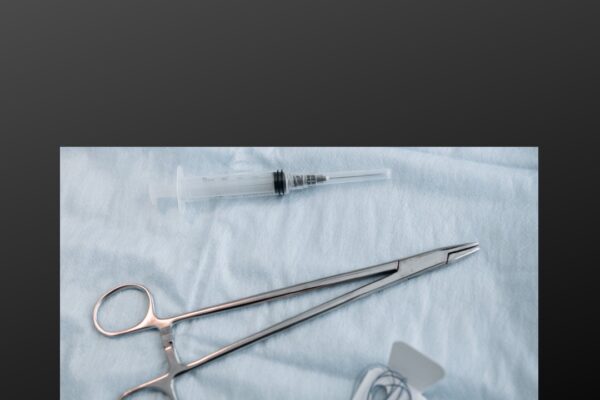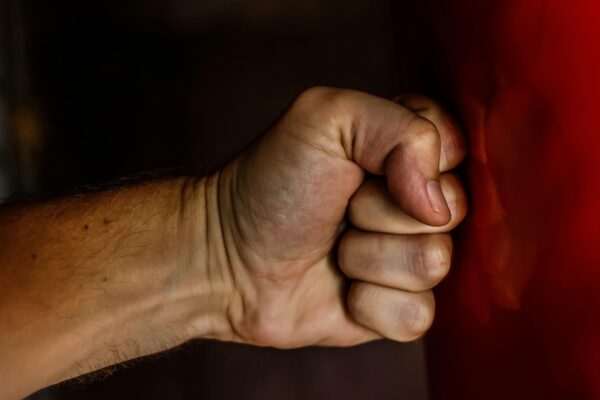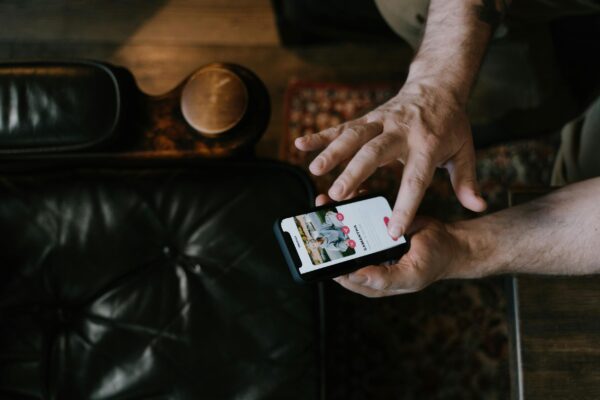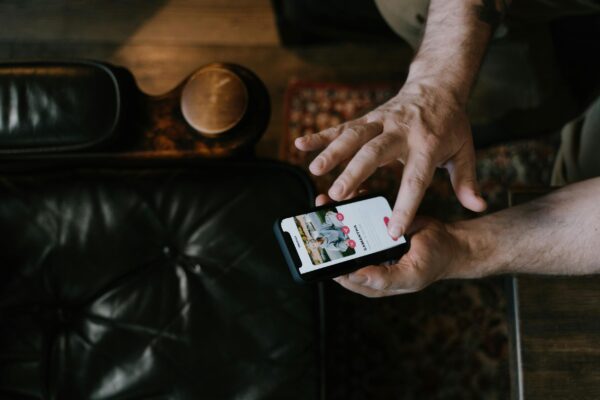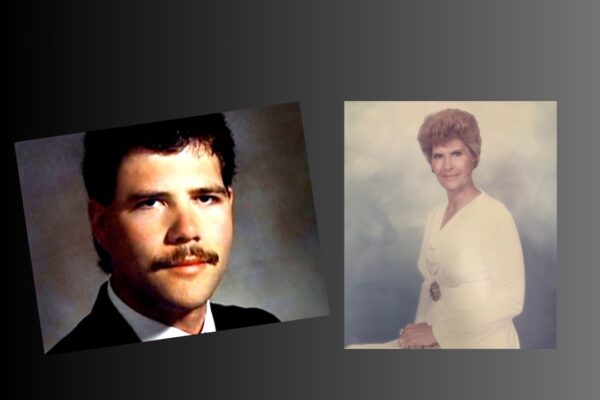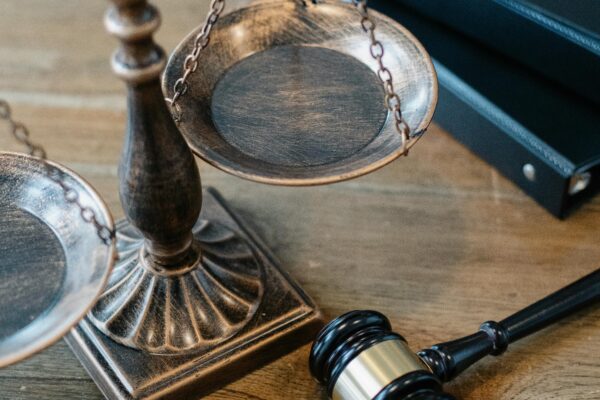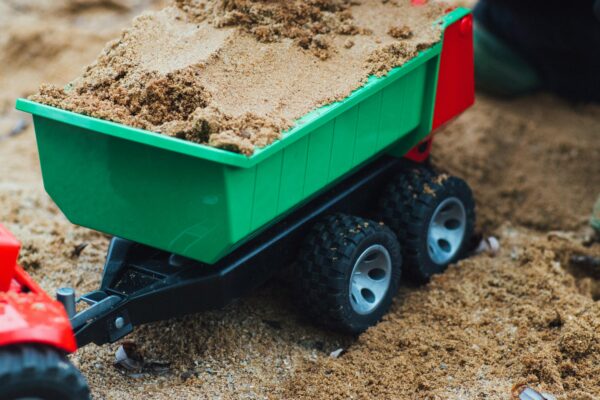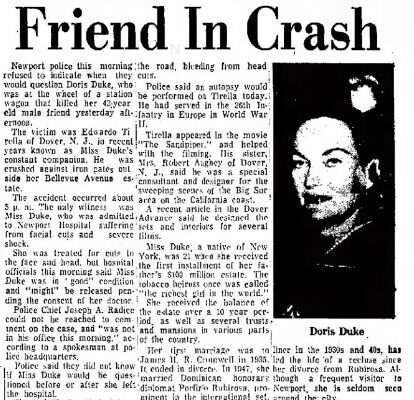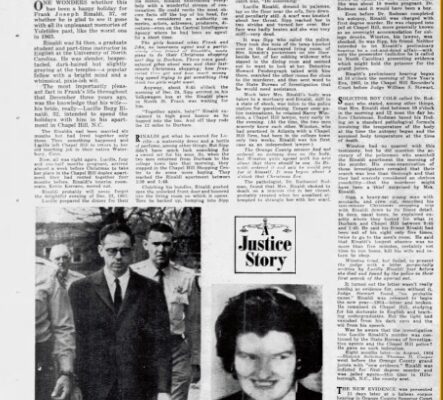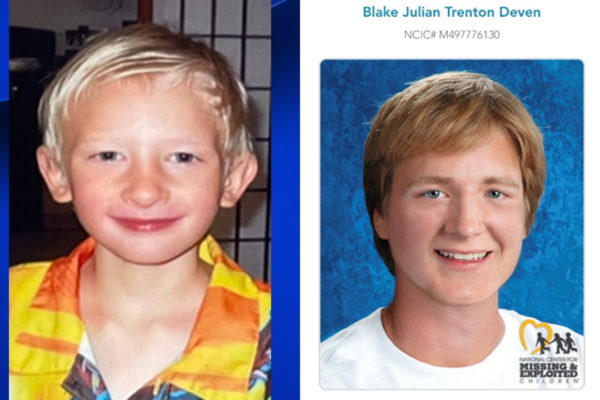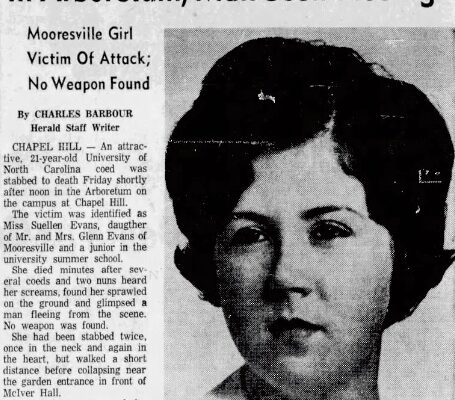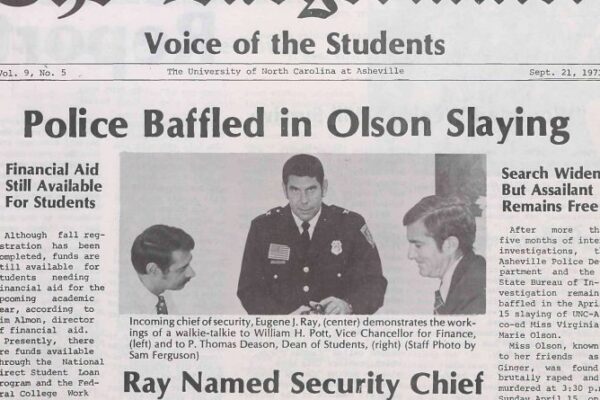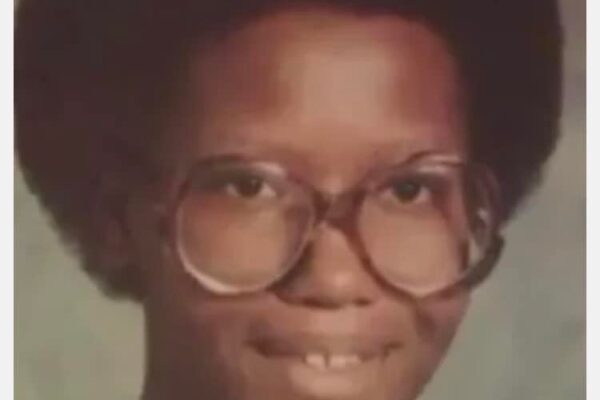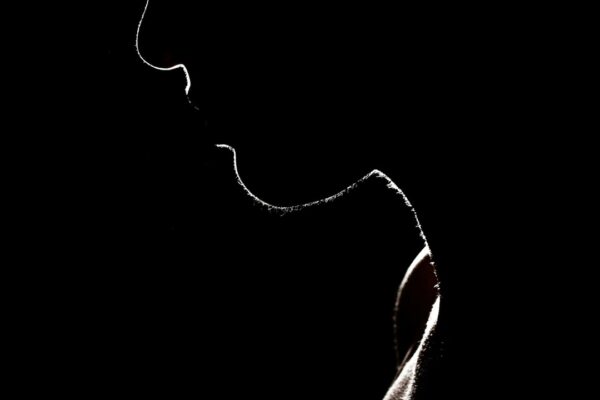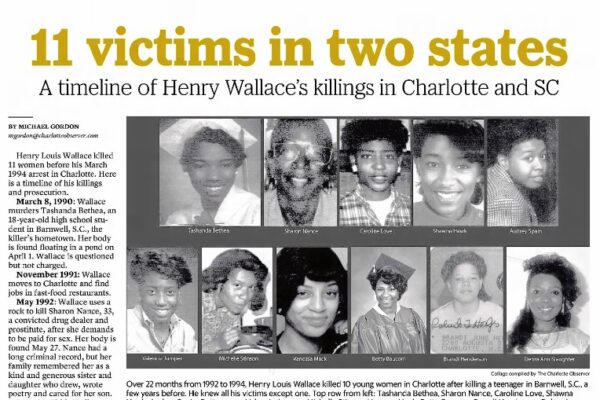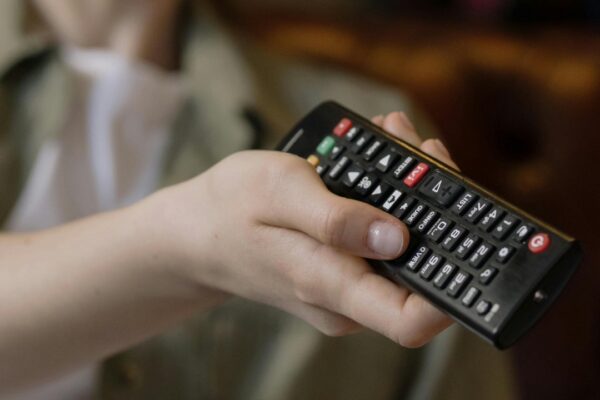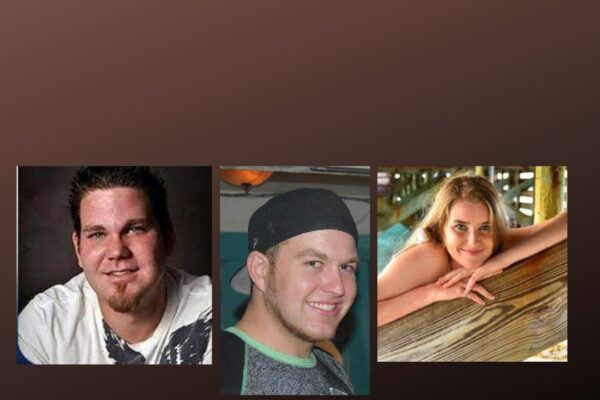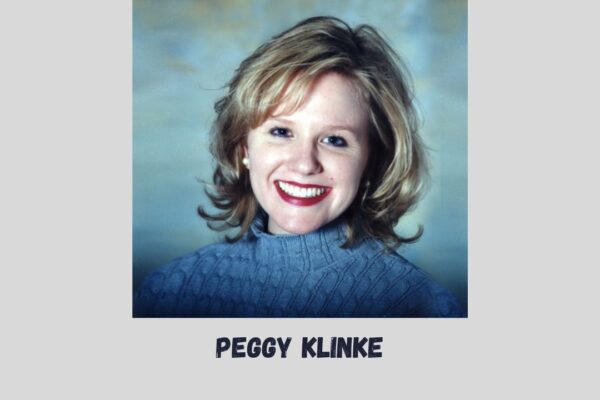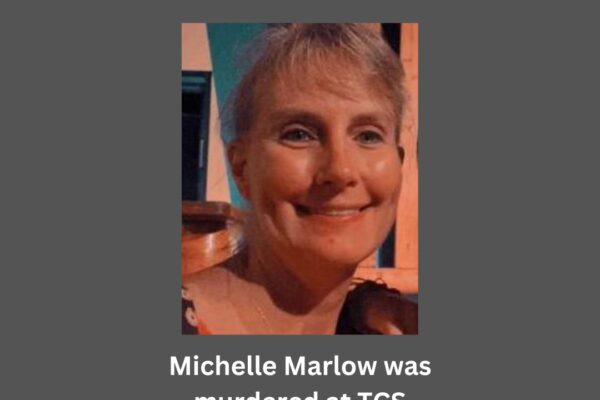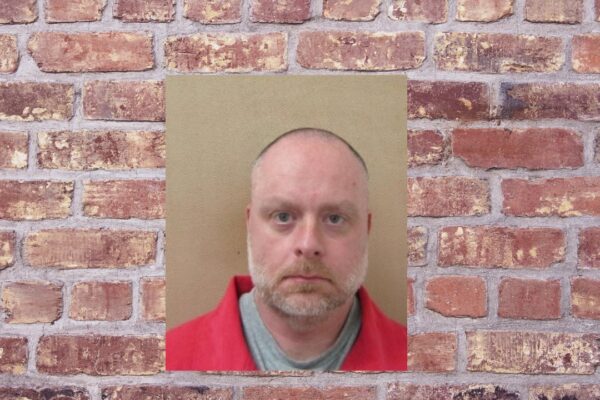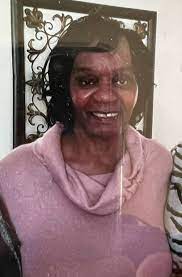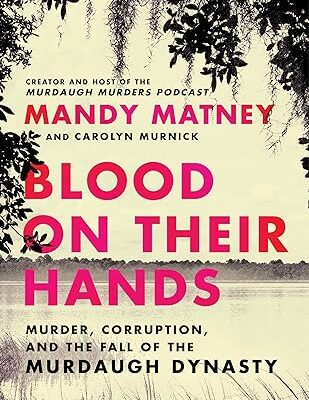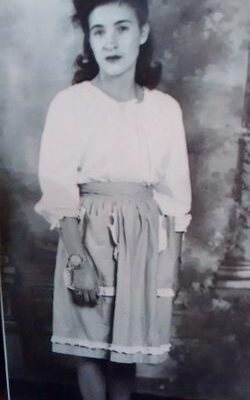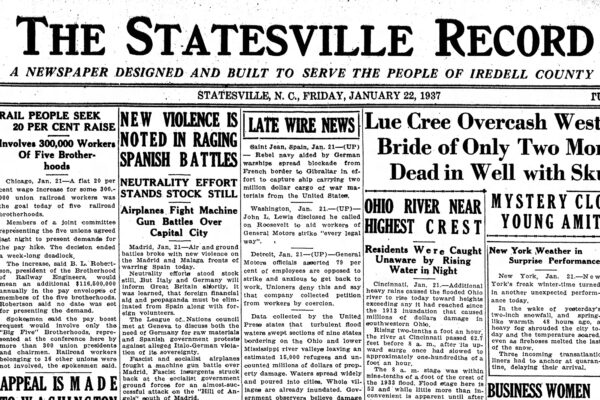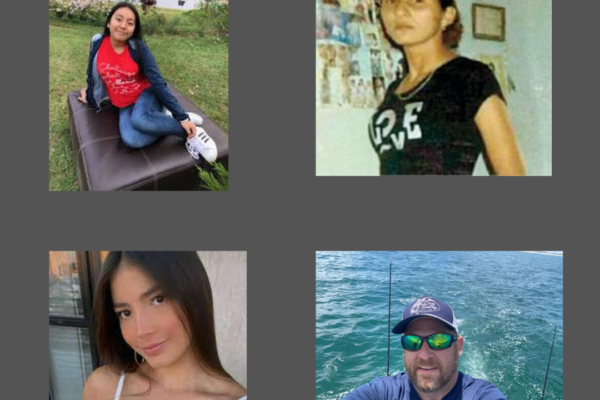What is a body broker and how do they operate? According to an investigative series by the news organization Reuters, body brokers are also known as non-tissue transplant banks. These banks are different from the organ and tissue industry, which is highly regulated. No federal law currently governs the sale of cadavers or body parts for use in research or education.
In 2004, a federal health advisory panel called for regulation of body brokers.
That panel asked the U.S. government to apply the same oversights to the body parts trade that governs organ transplantation. The panel’s efforts resulted in nothing. How and whether or not a state regulates the industry is left up to each individual state.
The Reuters series pointed out that there is no national registry of body brokers. Much of the time they can operate quietly, behind their company names that usually include the words “tissue” or “donor” in them, and make deals to obtain cadavers and sell their parts.
The same investigation discovered that the U.S. Army used heads, arms, and legs from more than 20 bodies in blast experiments in 2012 and 2013, despite the fact that the donors had not given them permission to do so.
What exactly constitutes the use of cadavers and body parts or tissue in medical research? In May 2000, The Herald-Sun ran an article based on an investigation that the Orange County Register in California participated in. It revealed that donated human bodies are replacing crash-test dummies and animals in research projects that are largely hidden from the public. I don’t know if these figures have been updated in recent years, but at the time of this published report, 17,500 bodies were being donated to science every year, and that was in addition to the 20,000 cadavers used each year by businesses to make products. Most of us are aware that the majority of bodies donated to science are used in medical schools to help students in dissection labs and medical conferences, where physicians can practice their skills on them. But that’s not the only place they are being used. This California investigation discovered bodies are also being used to test vehicle air bags, heads are dropped to test helmets, and arms are dropped to test things like snowboard wrist braces. Many researchers don’t specifically tell loved ones of patients what the bodies will be used for because it hampers the research capabilities.
For example, a researcher at Wayne State University in Michigan was quoted as saying, “If you want safe cars you need good dummies, and if you want good dummies you have to test on cadavers.” This university has conducted crash tests on cadavers since 1966. Another school that receives federal funds for cadaver tests such as the one at Wayne State University is Ohio State University. Duke University here in North Carolina uses cadaver heads, necks, and spines to study the body’s reactions to falls and crashes, which leads to better bicycle helmets and safer cars.
This particular article in The Herald-Sun also noted how easy it is to start a body donation program. The lead paragraph said, “Want to start your own body donation program? All you need are a standard business license, some cutting tools, and a freezer.” It noted that private companies and surgical associations have been driving up the demand for body parts.
In an article that ran in the Denver, Colorado-based news outlet Westword, a Denver attorney named Michael Burg explained the distinction between body brokers, and firms that specialize in harvesting organs for transplant. He said, “Organ donation is really a good thing. If someone, unfortunately dies, if they have a heart or liver or eyes that can be transplanted into someone who needs them, it can save their lives. But even though these body brokers compare themselves to organ donation companies, they’re really body snatchers—and they don’t even have to dig up the bodies.”
In 1984, Congress passed the National Organ Transplant Act, making it illegal to buy and sell human organs and other human tissues. But it allowed charging “reasonable” fees for recovering, cleaning, and distributing those parts.
According to an investigative series that ran on NPR, tissue includes anything that’s not an organ—including tendons, ligaments, skin, bones, heart valves, and corneas. The tissue, once harvested from a dead body, is then sterilized and turned into medical products. For example, a tendon can be used to repair a torn knee ligament, and bone can be crushed into powder to help build up a jaw around a dental implant.
NPR also shared the following information:
You can’t sell body parts, the law is clear about that. But you can take what’s considered a reasonable fee for your work. Unlike organ donation, where a heart or kidney goes straight from a donor to a recipient, tissue goes through many steps. Is tissue taken from the body at a hospital, a funeral home, or a morgue? There’s a facility fee. Is the body moved? There’s a transportation fee. A procurement team takes the body part. That’s another fee. Then companies take the parts and turn them into scores of medical products.
Michael Mastromarino
In 2004, a New Jersey-based body broker caught the attention of the New York City Police Department when they received a tip he was selling donated tissue and body parts without the proper consent of their families. The man’s name was Michael Mastromarino and his company was called Biomedical Tissue Services. But Mastromarino, like most people, did not begin his career as a body broker. He started out as a dental surgeon.
Mastromarino grew up in Brooklyn, New York and played football at the University of Pittsburgh. He eventually switched gears from athletics to academics earning degrees in dentistry and dental surgery from New York University. He got married, began raising a family, and opened oral surgery practices in midtown Manhattan and New Jersey.
According to reporting by NBC News, the road to success for Mastromarino was not without its issues. He was involved in several malpractice lawsuits with patients. And in July 2000, he was arrested for being under the influence of drugs and in possession of a hypodermic needle and Demerol. This incident occurred while he was at work treating patients. His attorney admitted Mastromarino had become addicted to drugs while being treated for a back issue. The criminal charge was eventually dropped, but because he tested positive for cocaine and painkillers at the time of his arrest, he agreed to surrender his dentistry license for six months and enter a rehabilitation facility. He later was caught practicing without a license, causing him to receive a four-year suspension from the profession.
But Mastromarino had grown accustomed to living an opulent lifestyle and wanted to keep providing that level of luxury to his family. As a dental surgeon, he knew there was a need for human tissue samples for experiments and development in the dental implant industry. He came up with a plan to open a company called Biomedical Tissue Services in New Jersey, just across the bridge from Manhattan, in 2001. When he later sought licensing to do business in New York, he lied on an application to the Department of Health when a question asked if he had charges sustained of administrative violations of local, state, or federal laws, rules, and regulations, concerning the provisions of health care.
He opened Biomedical Tissue Services, also known as BTS, where he quickly took advantage of the fact that there was a high demand for donated human tissue and body parts. While this was once an industry mostly controlled by hospitals. Mastromarino sought out funeral homes in New York and other nearby states to partner with. Biomedical Tissue Services would pay the funeral homes a $1,000 facility fee to harvest the body parts they needed on their premises. Then the parts would be put on ice and stored in freezers at the BTS headquarters. Mastromarino then provided human tissue to places like RTI Biologics, a Florida-based processor of American, Canadian, and Ukrainian body parts.
Where things started to get tricky was the paperwork. BTS claimed it had rules for getting signed consent of the deceased people’s family. But family members later told investigators no one asked their permission for body part donations. They claimed any signatures on BTS paperwork was forged. Mastromarino said it was the responsibility of the funeral homes to obtain the signatures, they in turn said it should have been done by Biomedical Tissue Services. And then in 2003, the FDA noted during an inspection of BTS that equipment was not being properly sterilized. They also were not keeping records of how it disposed of tissue that failed screenings for HIV, hepatitis, and syphilis. Mastromarino got off with a warning and said he would make the necessary changes to keep operating.
But he continued to cut corners, and that led to him eventually getting caught. In November 2004, a funeral director in Brooklyn purchased a business, and once she took over the location, discovered an embalming room that looked more like an operating room. She then began reviewing files of clients and found the names of several biomedical companies involved in tissue transplants. She reached out to the New York City Police Department and after interviewing family members, they found more than 1,000 deceased people whose bodies were harvested for body parts with no written consent. Around the same time, out in Colorado, the director at a blood center, who was also a physician, was hired by tissue banks to review medical charts of donors to make sure tissue was safe to use. When he began calling doctors listed on the charts, he found the records had been falsified and fake names and phone numbers had been provided.
What was discovered during the investigation became tabloid fodder, especially in the New York area. Mastromarino and his colleagues were accused of harvesting bones and tissue, and then doing things like inserting PVC pipes inside the bodies so they could be presented in open caskets during their funerals. Mastromarino and four other employees were accused of forging death certificates and consent forms for organ and tissue donation. They were also charged with enterprise corruption, body stealing and opening graves, and unlawful dissection.
In an article that was published on the National Library of Medicine website, it was reported that the FDA’s investigation showed that the firm had not adequately screened donors for risk factors or for clinical evidence of relevant communicable diseases. They asked hospitals to contact hundreds of patients who had received body parts from BTS between early 2004 and September 2005, to be tested for AIDS, hepatitis, and syphilis. One case they found involved tissue and bone that was taken from journalist Alistair Cooke, who hosted the television show “Masterpiece Theatre.” He passed away at age 95 of cancer in 2004, and because of that, should have not been considered a viable donor. A 41-year-old woman from Illinois later learned a bone graft she received to treat degenerative disc disease in her cervical spine was likely taken from Alistair Cooke. Cooke’s family said they did not consent to have his tissue donated. Another woman received tissue from BTS that was used as a bone graft during back surgery. She later contracted syphilis because the tissue was likely not properly screened for disease.
Mastromarino also worked with a deceased man named Robert Ambrosino who had died when he turned a gun on himself after murdering his ex-fiancee. Mastromarino didn’t care how the man had died—he wanted to use his deceased body as part of his tissue-donation system, so he doctored paperwork to say Ambrosino had died in a car accident. He also claimed the family had agreed to donate his tissue before the rest of his remains were cremated. They had not.
In March 2006, the FDA shut down Biomedical Tissue Services. Michael Mastromarino pled guilty to bodysnatching and reckless endangerment and was sentenced to up to 58 years in prison. He also agreed to pay back $4.6 million dollars in profits from the business, which were to be shared among the families of up to 1,000 victims. His wife divorced him after his trial. At the time, his attorney said his client “had started out with a legitimate business but had become overwhelmed by the demand for his services. He decided to cut corners and thus it became an illegal business. If he had not made these changes, instead of looking at him at a monster, we’d probably be looking at him as a pioneer in the industry.”
Susan Kittredge, Alistaire Cook’s daughter, said she was sorry Mastromarino had not gone to trial because she felt like the public needed to be aware of what happens to bodies when these bones, tissues, and other organs are harvested when people die. “What got us into this problem in the first place is a cultural denial of what happens to us after we die,” she said. “Throughout the world people are expected to live longer, more active lives, but we don’t stop to ask where that ligament from my knee operation came from.”
Mastromarino told reporters from NPR that human tissue donation was a very lucrative business. He said his case was completely blown out of proportion. He passed away after being diagnosed with metastatic liver cancer that spread to his brain and bones.
Philip Guyett
I’d like to talk about the North Carolina body broker Philip Guyett next. He was interviewed for the “Cover Up: Body Brokers” podcast and that’s how I found out about his case.
After an injury left him with back issues, Philip Guyett was looking for work that would fit in with his physical limitations. He went through a medical assistant/technologist program in California, which put him in contact with the local coroner’s office. The office was looking to create a reserve of temporary employees who could fill positions temporarily, such as in the event of a mass casualty like a plane or multiple car crash. As he became more comfortable in the medical examiner’s back room, where they checked in the bodies and assisted with autopsies, he then moved on to working as the director of the willed body program at the Western University of Health Sciences in Pomona, California. That role required him to procure cadavers from other universities, and he said he increased the program from receiving around 75 cadavers a year to 100.
In 1999, he was arrested for selling a cadaver that belonged to the school and pocketing the $1,100 payment. Police also raided a warehouse he used and found freezers containing human heads and hearts. He pleaded no contest to embezzlement. Other charges, including unlawful removal of human remains and grand theft were dropped. He was fined and sentenced in April 2000, performed six months of community service, and was given three years’ probation.
Just a few years later, Guyett set up a tissue-donation shop in Las Vegas under the name Donor Referral Services. In 2004, he was questioned after Missouri police discovered human limbs in a leaky FedEx container that Donor Referral Services had shopped to a researcher in Missouri who provided body parts for medical research and education. Guyett soon relocated to Raleigh, North Carolina and continued running his business there. He partnered with the Cremation Society of the Carolinas and paid the owner Larry Parker $1,000 for each successful donor family Parker referred and the use of his embalming room. He added another income stream to his business, then, too. In 2005 he started what he said was then the only U.S. implant recycling business, “Universal Containers USA.” He had contracts from three large corporate funeral home providers in the U.S. and Canada, along with 400 crematories. He told Westword he made more than $45,000 per month in recycled cobalt and titanium, and an average of $30,000 a month in recycled dental gold.
An Associated Press article that ran in August of 2006 reported that the FDA had shut down Donor Referral Services after inspectors found violations that posed a threat to human health. All tissue products the company took from cadavers were recalled, although an FDA spokesperson said some had already been transplanted. The article went on to say that in the case of at least five cadavers Guyett doctored paperwork about the health history and age of the tissue donors. For example, in one, Guyett failed to log that a person had died of cancer with intravenous drug use as a contributing factor.
Guyett went into more explanation about what happened in the Westword article. He said he had been working with a few different tissue banks that accepted donors with cancer, as long as they hadn’t died from bone cancer specifically. He had an agreement with one company that once he got a certain number of donors, they could be shipped at the same time. But then the company got bought out and their criteria changed. Guyett was then left with a set of donors he couldn’t do anything with. In North Carolina, he couldn’t cremate the tissue as medical waste without contacting the families. So, he made the decision to send the donors onto the tissue bank after putting Wite-Out over the cause of death on his paperwork.
In March 2009, at the age of 42, he pled guilty to mail fraud. Prosecutors said Guyett’s bodies produced 2,600 tissue products, with 785 of those implanted into humans. They said they believed 127 patients received tissue from donors with questionable medical histories and at least one victim contracted a staff infection that his doctor believed was connected to Guyett’s unsanitary procurement of the tissue. The prosecutors also said he was receiving $3,000 to $7,000 for each body he harvested through his company.
Phillip Guyett was sentenced to eight years in prison.
“I was trying to get rid of tissues that had been collected and I wrongly took short cuts in order to get rid of the tissue,” Guyett later told the media. “I assumed the checks and balances in the screening and processing would catch any problems with the tissue, but that was the wrong thing to do.” He also said his business was failing at the time and that his crime was a result of desperation.
Guyett is now out of prison and has written a book about his experience as a body broker titled, “Heads Shoulders Knees & Bones.”
Arthur Rathburn
One other body broker I wanted to mention before we get to the Sunset Mesa Funeral Home owner is Arthur Rathburn. In December 2013, agents with the FBI raided the warehouse of this body broker in Detroit, Michigan. There, they found a gruesome scene, where human heads and other parts were actually stored in Tupperware and Rubbermaid containers and 55-gallon drums. The bodies were also frozen skin to skin with no separation in the freezers, and many were missing limbs. The federal investigation determined that between January 2007 and December 2013, Arthur Rathburn and his wife Elizabeth defrauded buyers of “willed to science” cadaver parts through their company International Biological Inc. The Rathburns would obtain bodies and body parts from suppliers, which IBI would then dismember before renting them out to customers for medical or dental training. On several occasions, the two withheld medical facts surrounding the deaths of specific donors, failed to inform customers about infectious body parts, and falsely misrepresented body parts as being disease free.
In May 2018, 64-year-old Arthur Rathburn was sentenced to nine years in federal prison for selling and renting body parts infected with HIV and hepatitis to unsuspecting buyers at medical and dental schools in the U.S. His wife, 56-year-old Elizabeth Rathburn, who worked as the former manager of International Biological Inc. was sentenced to 24 months’ probation and a joint restitution amount of $55,225.83 with co-defendant Arthur Rathburn to the American Society of Anesthesiologists.
Arthur Rathburn had started out his career as a body broker much like Phillip Guyett. He worked as a coordinator for the University of Michigan’s anatomical donatin program from 1984-1990, but was fired after he got caught selling bodies on the side. He started International Biological in 1989.
Megan Hess
Next, let’s talk about Megan Hess from Montrose, Colorado.Hess came under suspicion from the FBI after the Reuters expose on body brokering in the United States. In March of 2020, a grand jury charged Hess and her mother Shirley Koch with using Sunset Mesa Funeral Home to sell the bodies of their clients for scientific or medical research, at times forging signatures or misleading families about how the remains would be treated.
According to a press release from the U.S. Attorney’s Office for the District of Colorado, from 2010 through 2018, Hess met with victims seeking cremation services for themselves or their loved ones who had passed away. Hess offered to cremate the decedents and provide their cremated remains back to the families. But most of the time, she and her mother would harvest body parts from, or sell the bodies in their entirety, as part of their body broker service. Hess would not receive authorization for donation of the decedents body parts for body broker services. In other cases, when Hess would bring up the topic of tissue donation, the families would not consent to the idea.
Prosecutors maintained the two women took advantage of families with low-income backgrounds by offering them discounts on cremation services and misleading what their organ donation service really was. They both pled guilty to one count of mail fraud, and all other charges in the two cases were dropped.
The U.S. Attorney’s Office also claimed Hess and Koch would ship bodies and body parts that tested positive for, or belonging to people who had died from infectious diseases such as Hepatitis B and C and HIV, after certifying to buyers that the remains were disease free. These shipments would be sent through the mail or on commercial air flights in violation of Department of Transportation regulations regarding the transportation of hazardous materials.
FBI Denver Acting Special Agent in Charge Leonard Carollo had this to say about the case of the Sunset Mesa Funeral Home:
“These two women preyed on vulnerable victims who turned to them in a time of grief and sadness. But instead of offering guidance, these greedy women betrayed the trust of hundreds of victims and mutilated their loved ones. Without knowledge or consent, the women disrespected the wishes of the grieving victims and degraded the bodies of their family members to sell them for profit. These two criminals continued in their atrocities for years, showing no remorse or contrition even after they were exposed. Nothing can guarantee solace for the victims or repair the damage done, but perhaps this sentence can mark the end of a horrible chapter in their lives.”
On January 3, 2023, Megan Hess, age 46, was sentenced to 20 years in prison after pleading guilty to one count of mail fraud and aiding and abetting. Shirley Koch, age 69, was sentenced to 15 years in prison after pleading guilty to one count of mail fraud and aiding and abetting.
In 2018, The Human Remains Disposition Sale Businesses Act went into effect in Colorado and it was directly inspired by the Sunset Mesa scandal. The act forbids a person from owning more than 10 percent indirect interest in a funeral home or crematory while simultaneously owning interest in what’s termed a “non-transplant tissue bank,” or a body broker. It also requires such tissue banks to register with state regulators and keep records that are available to interested parties, among other things.
The “Cover Up: Body Brokers” podcast goes more into detail about who Megan Hess was as a person, and how she convinced her community she was a good citizen because she often provided sponsorships to local events and companies in exchange for leaving a sign or literature for the Sunset Mesa Funeral Home behind. But her employees also share the behind-the-scenes look at how Hess’s greed affected her business practices over time and how they suspected something strange was going on in the embalming room where Shirley Koch spent the majority of her time working. The podcast also interviews clients who were horrified to learn the cremains they had received were not those of their loved ones.
Alabama Inmates Missing Organs
The state of Alabama has recently been in the news after families of deceased inmates discovered their organs had been removed prior to being sent to funeral homes. In 2021, Governor Kay Ivey signed a bill into law that prevents the retention of organs without family knowledge or permission. However, at least two different families are currently seeking civil action against the Alabama Department of Corrections and the University of Alabama at Birmingham for taking organs without permission. Forty-three-year-old Brandon Clay Dotson was found dead at the Ventress Correctional Facility in Clayton in November of last year. His family struggled to get his body released from the Department of Corrections. When they did, they discovered his body had not been properly stores and was already in an advanced state of decomposition. They hired an independent pathologist to perform a second autopsy, where they discovered his heart was missing.
An attorney representing several different families of deceased inmates, civil rights attorney Lauren Fairano, says the wardens at the prison are acting as next of kin and giving permission for the university to take these organs during the autopsy for use in their medical school. Fairano was contacted by a UAB medical student who said some students had become uncomfortable with the amount of specimens coming into their labs that were from deceased incarcerated individuals. The news outlet Andscape interviewed two UAB medical students who tried to get the university to change its practices about procuring the organs of incarcerated individuals. The asked for an ethics committee hearing on the issue in September 2018. School administrators told them they had permission to harvest prisoner organs because they had a sign-off from wardens in the facilities where the inmates died.
The Alabama Department of Corrections told news outlet WTVM that they do not authorize or perform autopsies. They said that once an inmate dies, the body is then transported to the Alabama Department of Forensic Sciences or the University of Alabama at Birmingham for an autopsy.
The university released an official statement to Andscape, saying the following:
“We do not comment on pending litigation. We only conduct autopsies with consent or authorization and follow standard procedures equitably for anyone consented to or authorized for an autopsy. The autopsy practice is accredited by the College of American Pathologists and staffed by credentialed physicians who are certified by the American Board of Pathology.
In an autopsy, organs and tissues are removed to best determine the cause of death. Autopsy consent includes consent for final disposition of the organs and tissues; unless specifically requested, organs are not returned to the body.
UAB is among providers that – consistent with Alabama law – conduct autopsies of incarcerated persons at the direction of the State of Alabama. A panel of medical ethicists reviewed and endorsed our protocols regarding autopsies conducted for incarcerated persons.”
When I took a look at the organ donation policies of U.S. prisons, it looks like each state has different standards and policies on whether or not a prisoner can donate organs after death. But this does not include a prison giving consent for organs or tissue to be sold or donated to a state-supported medical university like what is happening in Alabama. It will be interesting to see the outcomes of the lawsuits in that state.
There are legitimate ways to donate your body to science. For example, the Forensic Anthropology Center at University of Tennessee accepts whole body donations to be used at their Body Farm research property. The Forensic Anthropology Center provides education on the recovery and examination of human skeletal remains for the medical-legal community. This facility provides space for studies using advanced technology to quantify how bodies interact with the environment.
Case Resources:
NPR Series
https://www.npr.org/2012/07/19/156988089/the-seamy-side-of-the-human-tissue-business
https://www.npr.org/2012/07/18/156933032/little-regulation-poses-problems-tracking-tissue
Reuters Series:
https://www.reuters.com/investigates/section/usa-bodies/
The Herald Sun
May 2, 2000
“Starting a body donation program isn’t difficult”
https://www.newspapers.com/image/794686223
https://www.newspapers.com/image/794686245
Michael Mastromarino
https://www.theguardian.com/world/2008/mar/20/usa
https://www.ncbi.nlm.nih.gov/pmc/articles/PMC1388122/
Philip Guyett
https://www.taipeitimes.com/News/world/archives/2006/08/29/2003325367
The News and Observer
Aug. 19, 2006
“FDA Shuts Down Raleigh Company”
https://www.newspapers.com/image/657955648
Winston-Salem Journal
March 10, 2009
“Ex. N.C. supplier of body parts could face 60 years in prison”
https://www.newspapers.com/image/944601355
https://www.wral.com/story/4695731/
https://www.westword.com/news/confessions-of-a-body-broker-11117045
Arthur Rathburn
Megan Hess and Shirley Koch
The Daily Sentinel
September 27, 2022
“Max sentence in body-snatching case”
https://www.newspapers.com/image/884325856
The Daily Sentinel
August 13, 2018
“Questions, anger linger”
https://www.newspapers.com/image/532540121
The Daily Sentinel
July 30, 2022
“Mother-daughter duo sold body parts Montrose mortuary”
https://www.newspapers.com/image/865075051
Alabama Cases:
